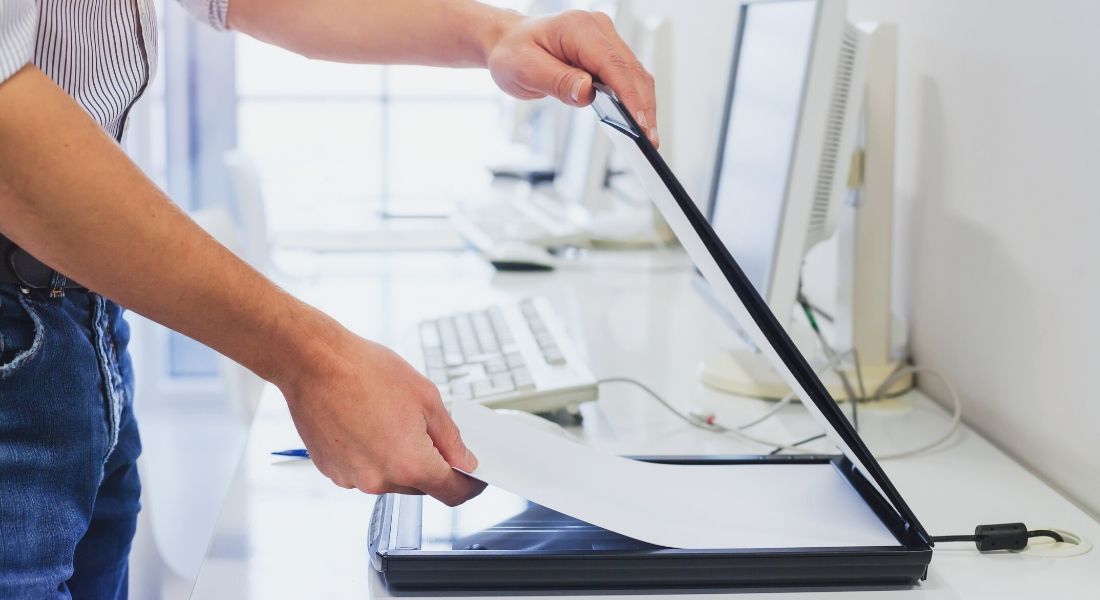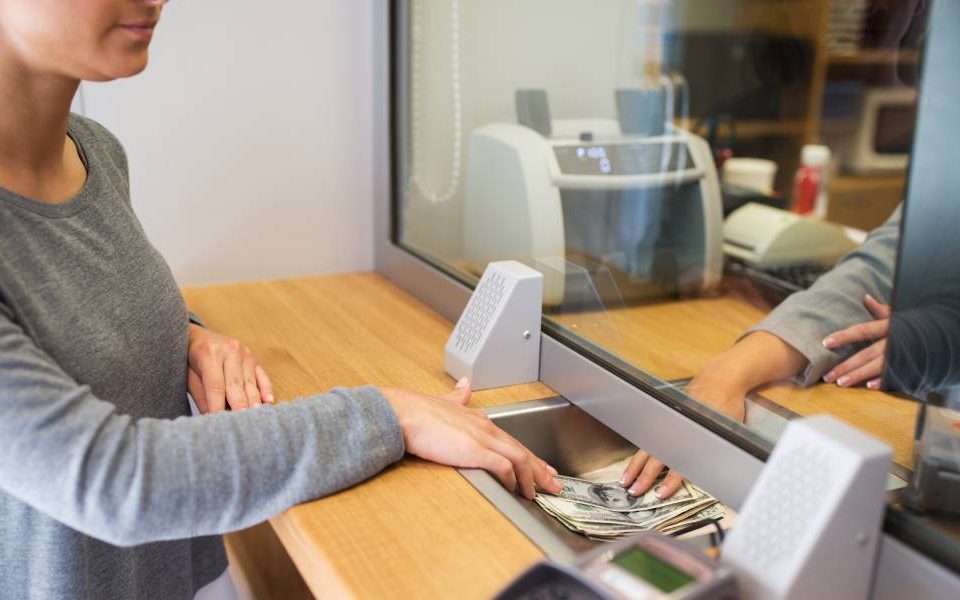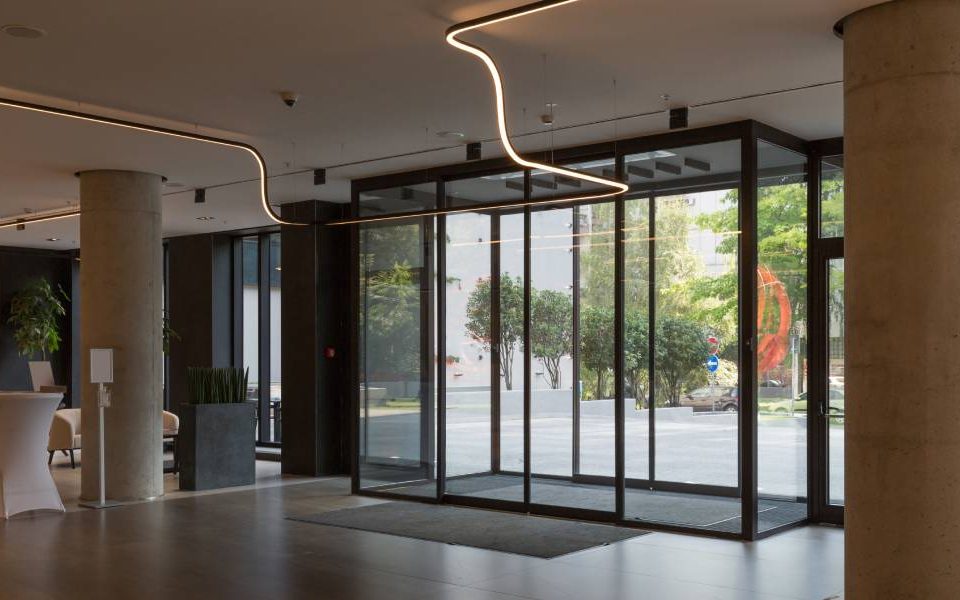What Will the Office of the Future Look Like?
The first quarter of 2020 saw a lot of things happen, and one major pandemic had a big effect on the world. Businesses had to change the way they operate in response to the COVID-19 pandemic. Many companies had to stop operations, while others sent their workforce home to continue working. Business kept on in spite of the pandemic, allowing people to work from home and keep their jobs. As the world opens up and people head back to the office, what will they go back to? What will the office of the future look like? No one knows for sure but, without a doubt, there will be changes and things will be different.
Activity-Based Working
Many are wondering if the desk as a workstation is dead. Even before the pandemic, there was an increase in hot-desking, or people moving around the office periodically. Activity-based working means that employees can move to a different workstation based on what activity they are doing. There might be an open space for collaborations, a private area for solo work, and spaces to go to depending on your mood. The future means a versatile workplace with several workstation options.
Paperless Will Be the Standard
Companies care about their image and what their customers think of them. They are always looking to improve that image—being eco-friendly is a great way to do that. More and more companies will be looking for green alternatives, such as going paperless. A paperless operation is a double whammy in that it both saves money and improves the bottom line.
Employee Experience Over Everything
The employee experience starts with the initial interview and continues until they leave. Companies can no longer hide behind a brand name and reputation to attract top talent. There are dozens of sites dedicated to employee feedback about companies and how things really are within. Once employee satisfaction falls, it’s a long, slow road getting it back up. Keeping employees engaged and happy will be essential going forward.
Will There Be an Office in the Future?
If the pandemic has taught the business world anything, it’s that employees can effectively work remotely. Companies that were forced to go fully remote found out that it is a viable way to conduct business and get things done. So much so that new companies or branches of existing ones may decide that the investments in real estate, office furniture, and telephones aren’t worth it. Time will tell on that one.




